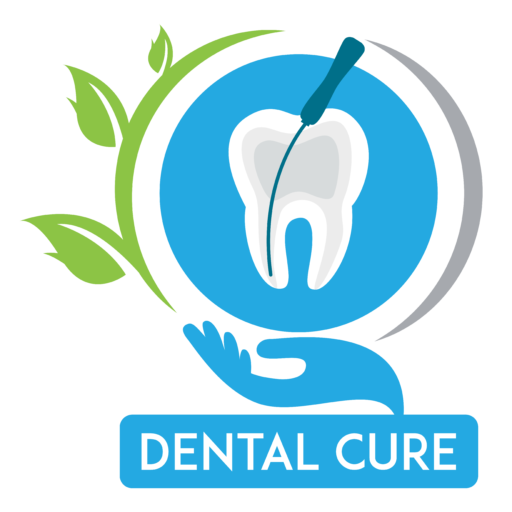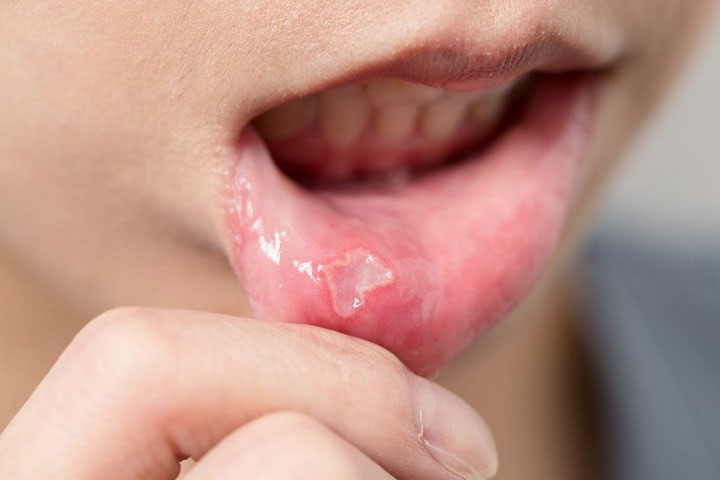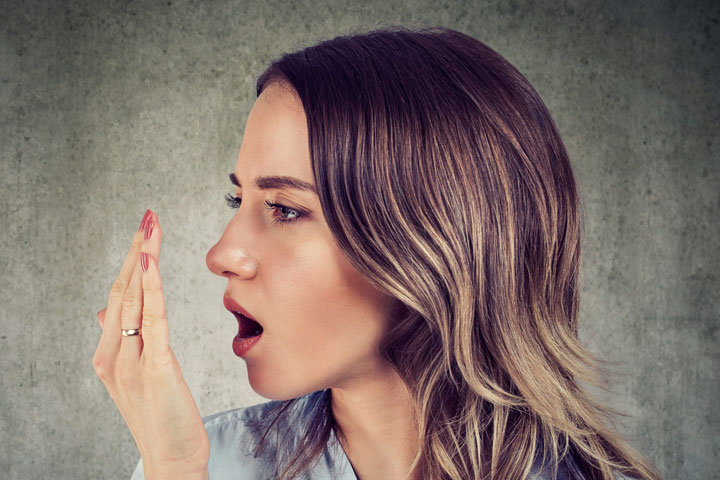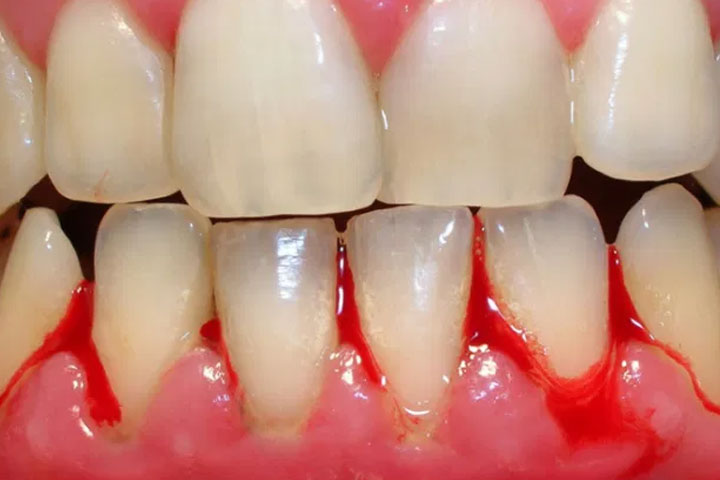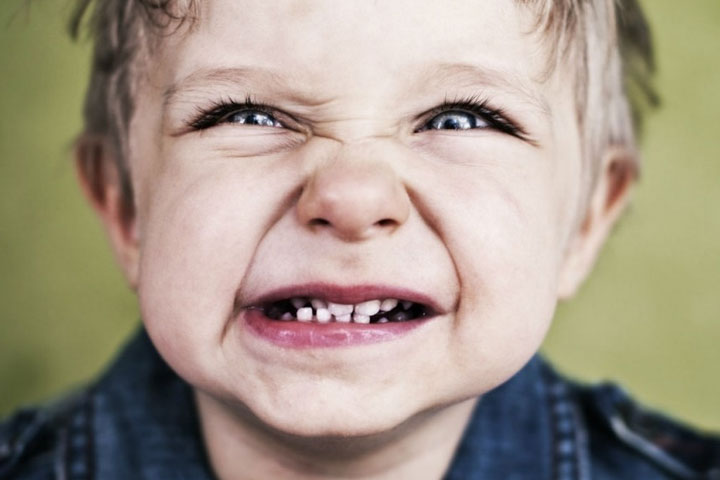
What is Bruxism or Involuntary Teeth Clenching?
Clenching, grinding, gnashing or grating of teeth in medical terms is known as Bruxism. People may clench or grind their teeth unknowingly and it may happen both during day and night. Bruxism may be either silent clenching or even loud forceful grating. This is most often seen in adults but some children may also acquire this condition. Grinding or clenching of teeth, especially at night, is sleep related and is called Nocturnal Bruxism. Bruxism during the day is associated more with clenching of teeth and jaws rather than grinding and is more likely due to anxiety, stress or even subconsciously while concentrating or during heavy exercising. Occasional teeth grinding usually does no harm. However regular and persistent teeth grinding may cause pain and discomfort to the jaws, teeth may get damaged and other oral health complications may arise.
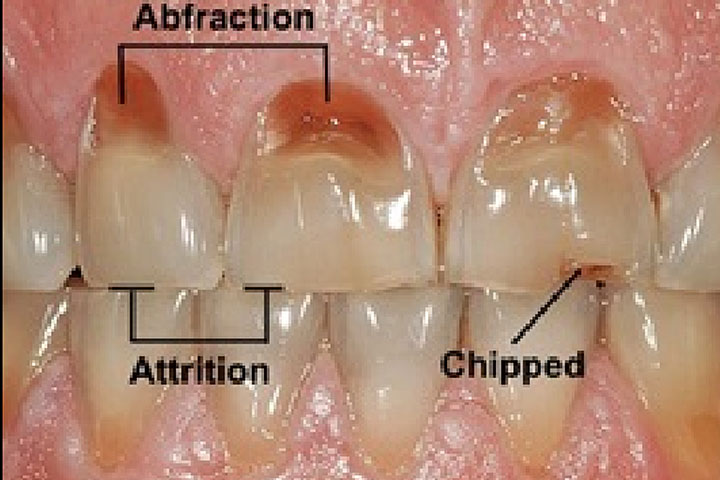
Causes of Bruxism:
Why does Bruxism occur? Why do people grind their teeth?
While its exact cause is unknown, most experts believe that bruxism is a response to increased anxiety or psychological stress.
STRESS and ANXIETY
A most common cause of Bruxism is thought to be related to increased psychological stress and anxiety that affects them subconsciously while asleep.
MALALIGNED TEETH
Some experts feel that Bruxism is a mere habit and is a result of teeth not aligned properly.
SLEEP DISORDER
There is also a strong association between bruxism and obstructive sleep apnoea (OSA) a sleep disorder in which your breathing is interrupted during your sleep.
MEDICATIONS
In rare cases, Bruxism may be a side effect of certain antidepressants and antipsychotic drugs which are used to treat depression and anxiety.
LIFESTYLE
Regular or excessive intake of alcohol, smoking, and using recreational drugs, such as ecstasy and cocaine, increase your risk of bruxism.
DISEASE
Bruxism also may be a symptom of certain rare diseases affecting the nerves and muscles in the face.
Symptoms of Bruxism
Bruxism can cause various symptoms such as:
- Abnormal tooth wear (resulting in short teeth) causing the outer layers of enamel to wear away, exposing dentin. This can result in tooth sensitivity.
- Damaged teeth, broken dental fillings
- Inflamed gums
- Pain and stiffness in the Jaw making it uncomfortable or even painful to open the mouth wide especially in the morning
- Rhythmic contractions of the jaw muscles
- Swelling (occasionally) on the side of your lower jaw caused by clenching. Chronic clenching exercises the jaw muscles, like lifting weights, this makes the muscles grow larger. Once you stop clenching, the muscles will shrink and the swelling will go away.
- Dull headache when you wake up in the morning
- Unexplained pain in the face (facial myalgia)
- Earache
- Sleep disruption (both to you and your partner)
Diagnosis of Bruxism:
If you experience any of these symptoms, consult your dentist to determine if you are a bruxer and how best to treat it. Doctors refer to teeth grinding that is caused by an underlying condition as “Primary bruxism” and that associated with your lifestyle, medication or medical condition as “Secondary bruxism”.
Bruxism in Children
Bruxism in children is often seen when their permanent teeth start erupting and the habit usually stops after the adult teeth are fully formed.
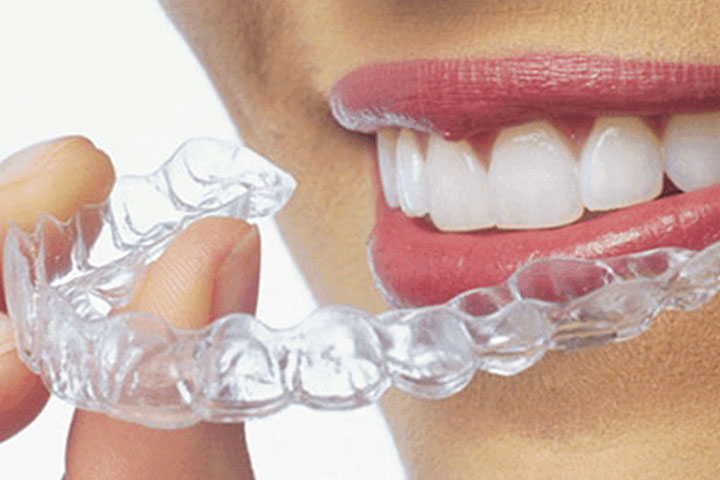
Treatment
Some of the symptoms of bruxism, such as facial pain, dull headache, earache, will often disappear when you stop grinding your teeth. However, others, such as tooth damage, can be permanent.
Here are some self-care remedies to relieve pain:
- Yoga, deep breathing, reading, listening to music, etc. are few recommended techniques for stress management.
- Apply ice or wet heat to sore jaw muscles.
- Avoid eating hard foods such as nuts, candies, etc.
- Drink plenty of water daily.
- Stretching exercises like opening and closing your mouth, help to restore the action of the jaw muscles back to normal.
- Massaging the neck, shoulder, and facial muscles.

Consult your Dentist if:
- Your teeth are worn, damaged, or sensitive.
- You have pain in your jaw, face, or ear.
- Others complain that you make a grinding sound in your sleep.
The Dentist will suggest an appropriate treatment which may include:
Mouth Guards and Splints: This will protect your teeth and prevent clenching and grinding during sleep, thus eliminating the destructive behavior and preventing further damage to the teeth.
Reconstructive Dental Treatment: Dental problems like misaligned, cracked, crooked, or missing teeth are treated by providing overlays, crowns, etc. These treatments will reshape the chewing surface of your teeth and stop you from grinding.
Consult your Physician:
If you grind your teeth and you have high stress levels or anxiety problems, a Physician will identify the underlying problem and prescribe medication if and as required. He may suggest taking a muscle relaxant before you go to bed to help relieve your symptoms. Pain killers like NSAIDS (Non Steroidal anti Inflammatory Drugs) such as Ibuprofen are prescribed in order to relieve pain caused by Bruxism.
